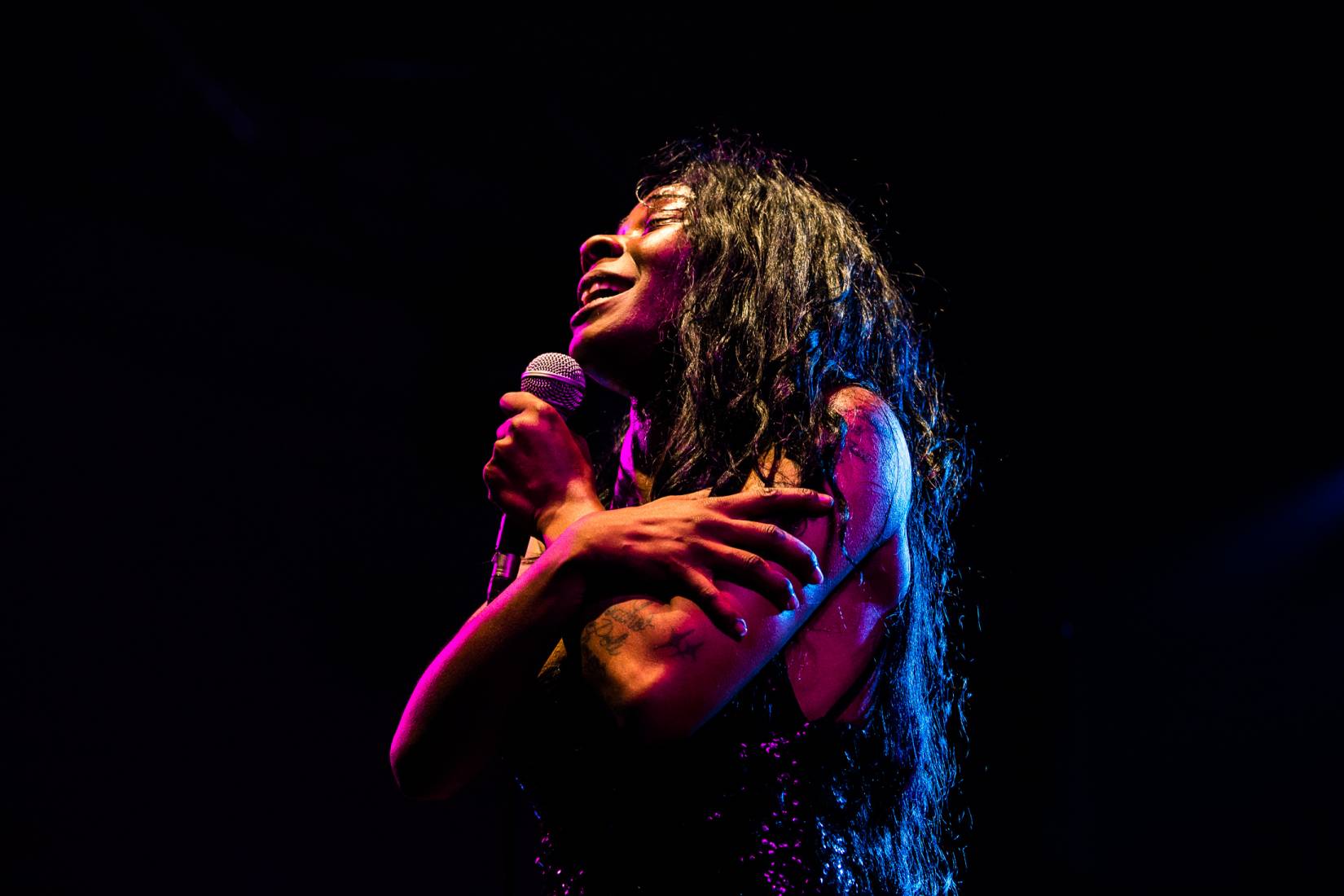City Recital Hall, March 5 
There are only two types of singers: the fakes and the real ones, and those wretched TV talent quests have only served to widen the gap. Buika is about as real as you can get. There is no assumed persona; no desire to impress; no exaggerated emotion.
The feisty Spaniard’s parent’s were from Equatorial Guinea, and her musical approach melds flamenco and African elements without any sense of a contrived “fusion”. It is simply how she sings and composes.
On her first Australian visit she was accompanied by just Ramon Porrina (cajon) and Vahagn Turgutyan (guitar), the latter giving his first performance with her. This stripped-down format emphasised the rawness of her singing, although occasionally the music yearned for the softening effect of a piano or trumpet, as on her recordings.
More often the trio was entirely self-sufficient, thanks partly to Porrina’s wizardry and Turgutyan’s elegance, but mainly to Buika, herself. She told us that applause is miraculous to her, because when she sang as a little girl the neighbours told her to shut up. Now she hurled herself into her performance with such abandon as to suggest she still relishes the absence of malcontents. If the little girl remains evident – in that she sings without guile – she is now clothed in worldliness.
While hers is not an especially beautiful voice, it certainly quickens the pulse, and after smoking lazily amid the guitar and cajon it would suddenly blaze up, and such was the contrast and intensity that it was like suddenly hearing a siren, or parting clouds at night revealing a shooting star.
Alongside fine songs of her own including Throw It Away she reinvented such classics as Siboney and Ne Me Quitte Pas. The melody of the latter was all but unrecognisable, but the fervour was unmistakable. For an encore she gave us Billie Holiday’s Don’t Explain, which loitered somewhere between flamenco and a jazz ballad, while still bleeding with the requisite vulnerability.